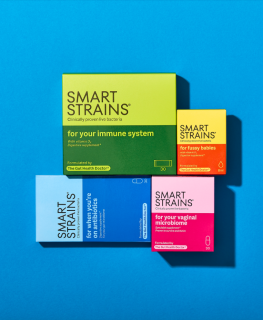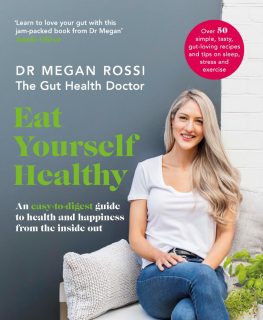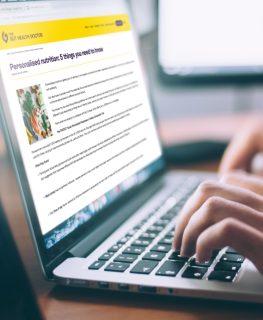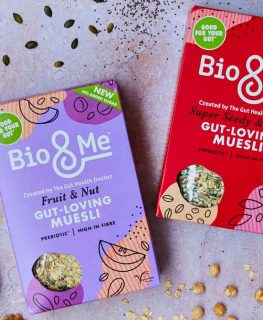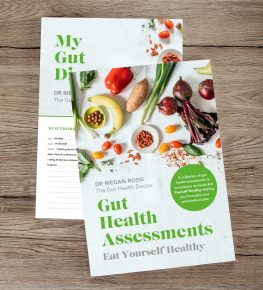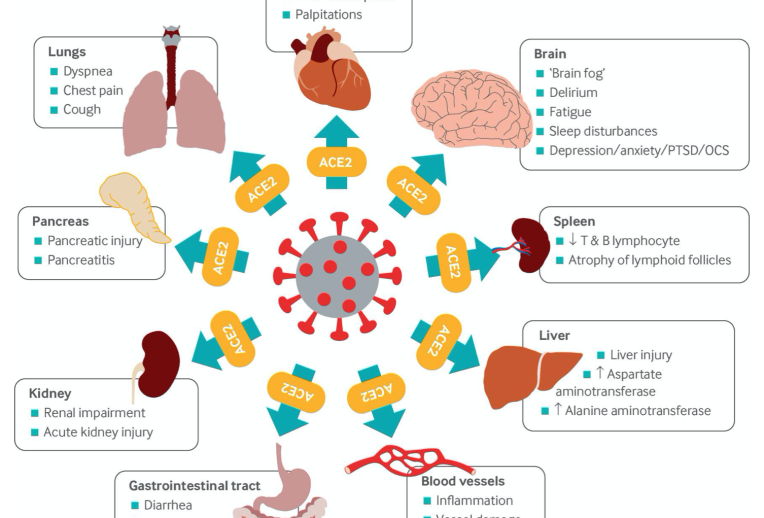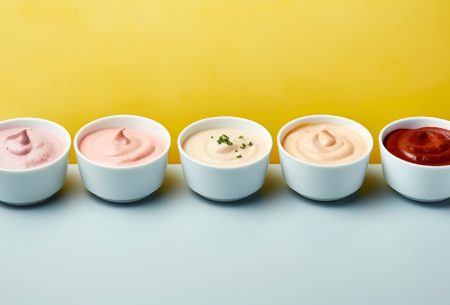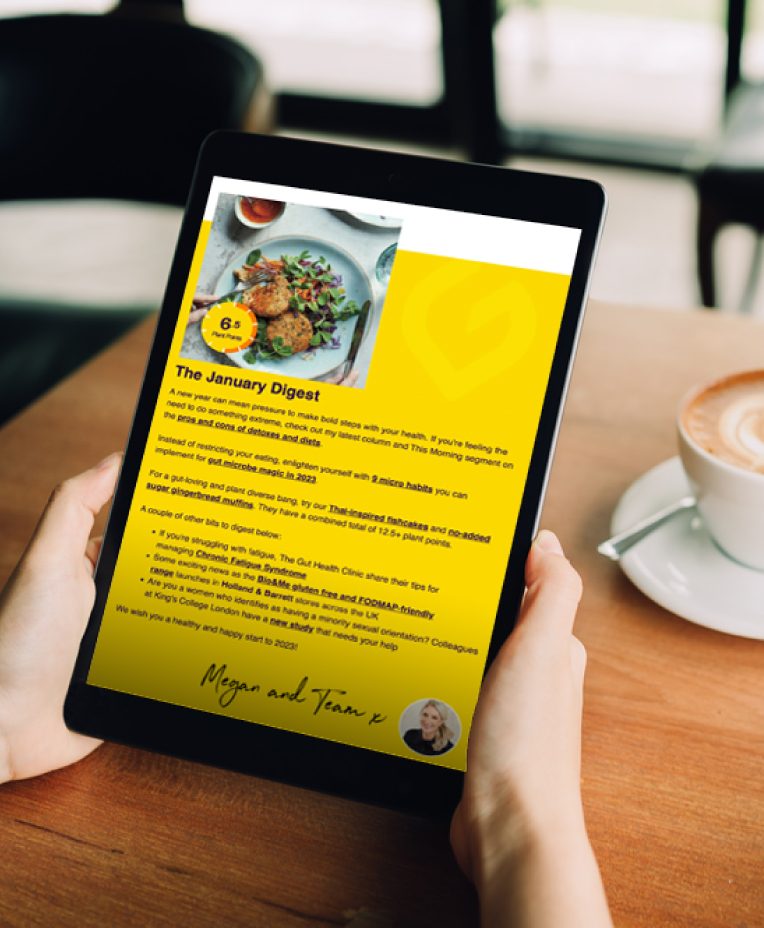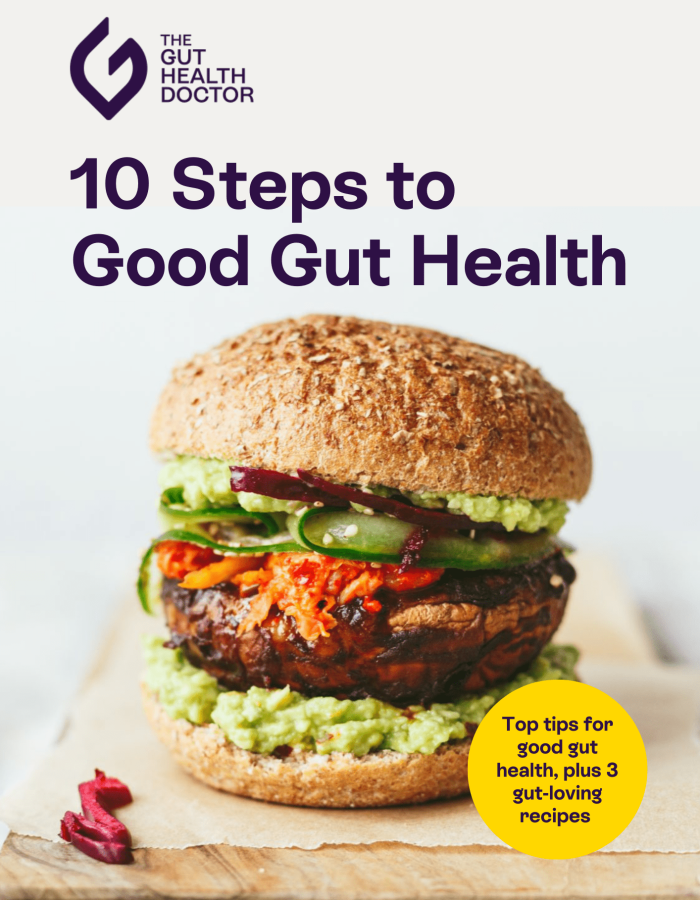As you may already know, COVID-19 can manifest in different bodies in wildly different ways. What was a mild case of coughing and fatigue for you might have required hospitalisation, or have even proven fatal, for someone else.
To make things more complex, while most people recover within 12 weeks – and often a lot sooner! – for some, there is the harsh reality of ‘long-COVID’ to deal with. Not only is this potentially debilitating, it’s also widespread: affecting an estimated million plus people in the UK alone, right now. This number is, sadly, set to rise. So, what exactly is long-COVID – and how can you try to avoid it ruining your Christmas?
Hold up: what actually *is* ‘long-COVID?’
The phrase ‘long-COVID’ started life on Twitter, where people who were struggling with long-lasting COVID symptoms were speaking to one another and invented the descriptor. Fast forward to today, the condition is formally recognised in the scientific literature. To get specific, long-COVID, also known as ‘post-COVID Syndrome’, is defined as ongoing symptoms which continue for longer than 12 weeks and cannot be explained by any other condition. (If you have symptoms that last for more than 4 weeks but go away before 12, this is known as ‘ongoing symptomatic COVID,’ FYI.)
Long-COVID symptoms might look like
– Fatigue
– Breathlessness
– Heart problems including damage the heart muscle itself and chest pain
– Brain fog and dizziness
– Changes in taste and smell
Other symptoms include gut upset, changes to your gut microbiota, joint pain and depression and anxiety, but can alter over time. It’s vital to note that people with ‘long-COVID’ are not contagious. These symptoms are thanks to your body’s response to the virus *after* the initial, infectious illness.
And why do some people suffer from long-COVID?
It’s still early days in terms of the research, and much remains murky. Plus, much like acute COVID infection itself, long-COVID can be felt differently and can come with a different set of symptoms from person to person.
However, your chance of being impacted by long-COVID doesn’t seem to be linked to how unwell you were with the virus itself, and even those with mild symptoms at first can still find themselves having problems that stretch out over the weeks and months.
In terms of why it happens, the current thinking is that it’s to do with the impact that COVID-19 has on your organs; (the virus can gain access to your lungs, heart, gastrointestinal tract, liver, kidneys, spleen, and brain, explaining how long-COVID can feel like a full-body condition) the way your body responds and fights the virus – not to mention the psychological issues that are associated with dealing with COVID-19.
Okay, but what has my gut got to do with it?
We know that our lung and gut microbiota can influence each other and just as long-COVID can affect pretty much every organ in your body, so too can our GM. What’s more, a healthy microbiome can help support your immune system, communicate with your brain, lungs, and other organs, and is linked with better heart health. These areas are all commonly affected by long-COVID.
I want to be clear: a healthy gut won’t make you immune to COVID-19, or long-COVID. But supporting your gut microbes with a diverse, plant-based diet can put you in the best position to recover, if you are impacted.
If you are suffering from long-COVID, here are my top tips to manage it. Fingers crossed, these can dial down its impact on your festive season.
- Harness the power of diversity to help manage changes or loss of taste and smell. You can do this by experimenting with different textures and temperatures and by adding stronger flavours to food with ingredients like ginger, garlic and spices.
- On that note, if changes in taste and smell are affecting your appetite, try going for smaller, more frequent meals throughout the day to stimulate your appetite, without feeling too overwhelmed.
- Recognise that fatigue is way more than just being tired, so be kind to yourself. Post-COVID fatigue can feel unpredictable, but simple changes like maintaining a regular sleeping pattern (aiming for 7-9 hours per night) and trying some relaxation strategies like yoga or meditation can make a difference.
- Seriously, take your vitamin D. There’s some evidence suggesting that this may reduce your risk of getting COVID and dial down the severity of the infection itself. For more on vitamin D and COVID click here.
- If you are constipated thanks to reduced physical activity or medications prescribed to support your recovery, drink 2 litres of water and eat 30g of fibre, every day. Need more help getting your gut back on track? Speak with your GP, my team The Gut Health Clinic or check out my ‘Gut Feeling Assessment’ and gut management strategies in Eat Yourself Healthy/ Love Your Gut.
- Go easy on alcohol. It’s natural to get swept up in the festive excitement and have one (or two) too many, but alcohol has a negative effect on your immune system and impacts your sleep quality, which can make fatigue worse. If going teetotal isn’t for you, consider alternating alcoholic drinks with something hydrating like sparkling water or fizzy kombucha. I’m also a big fan of the alcohol-free spirits now available in most supermarkets. If you haven’t already, why not give them a try this festive season?
* If you’ve had symptoms for more than 4 weeks post-COVID-19, it’s time to contact your GP or family physician for further support.
For more information and support visit the government funded ‘your covid recovery’ website https://www.yourcovidrecovery.nhs.uk/
